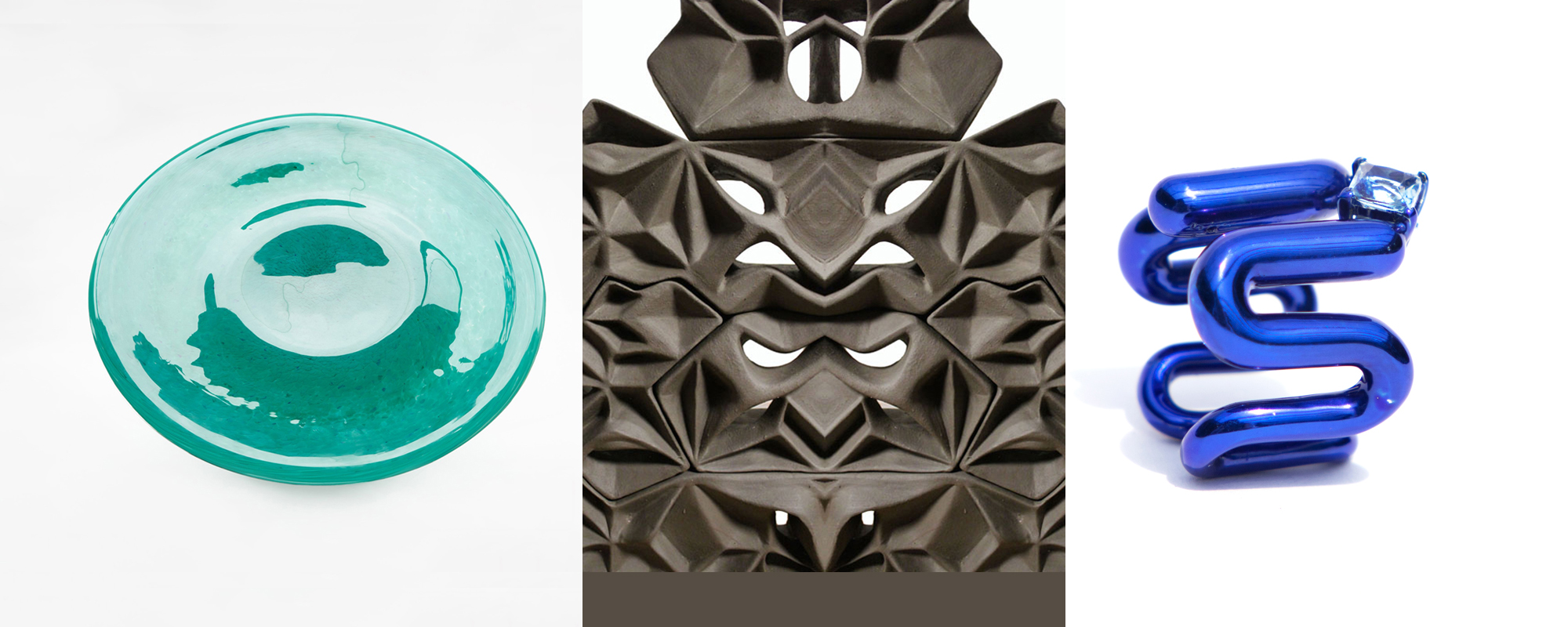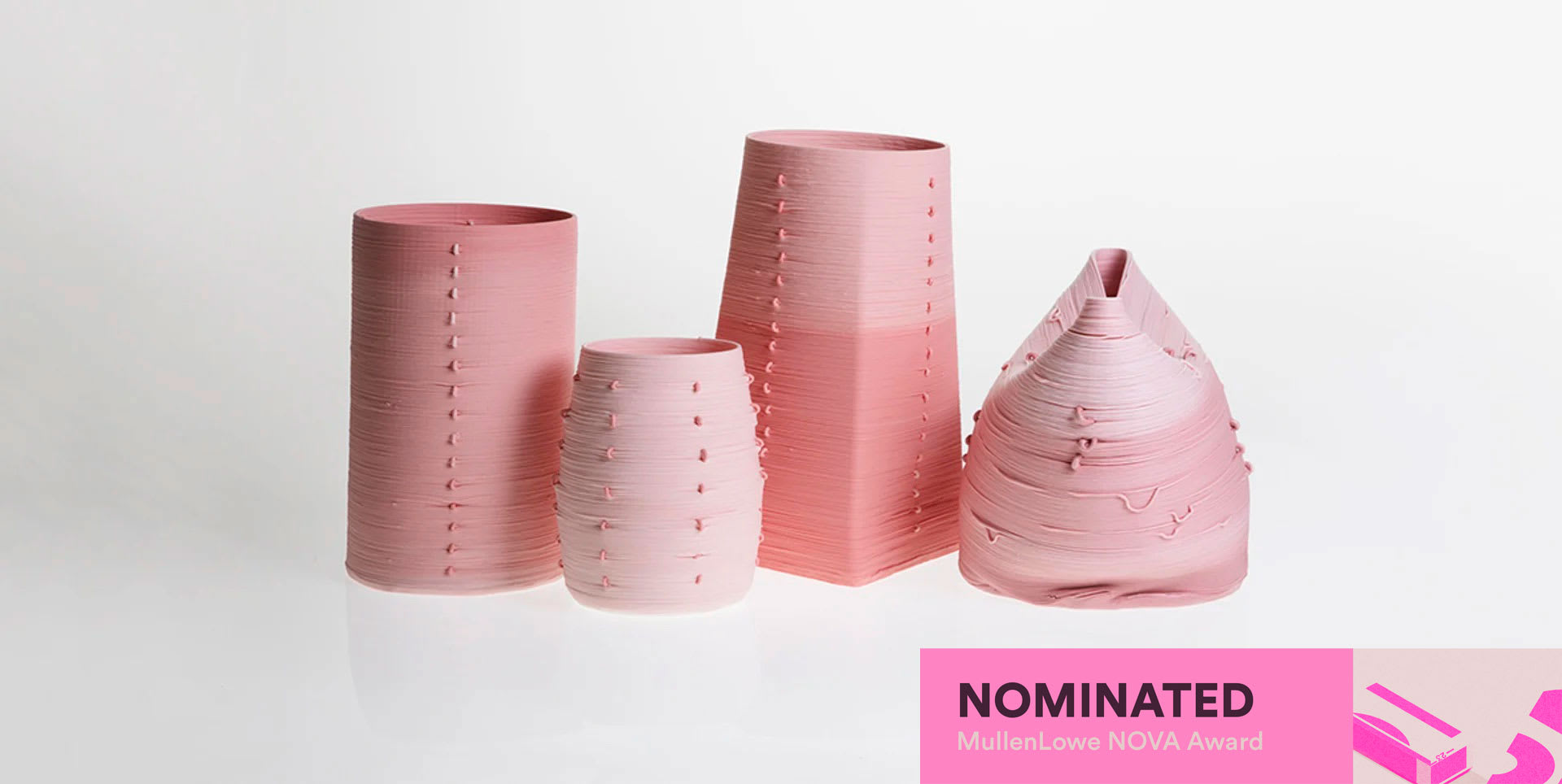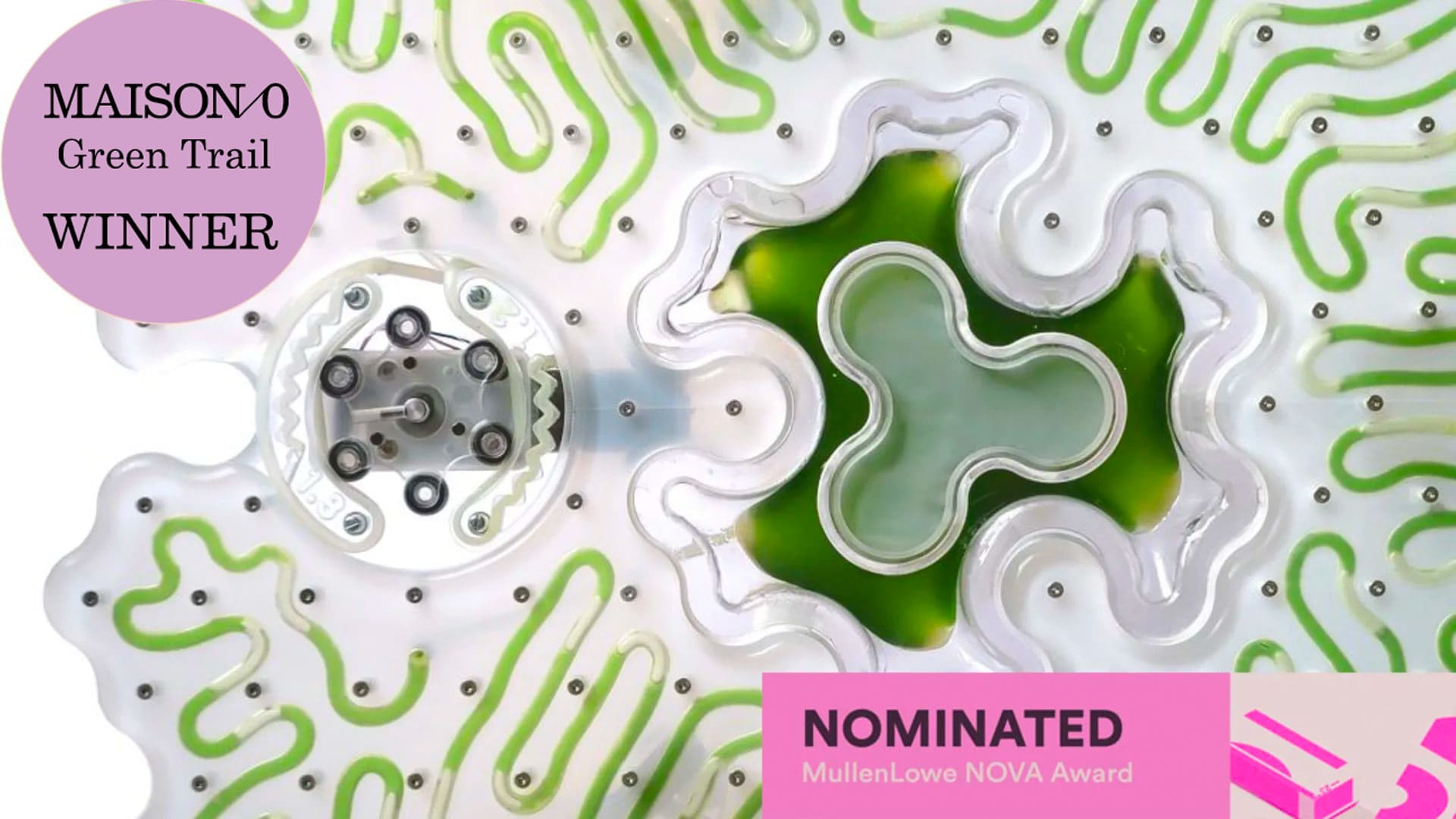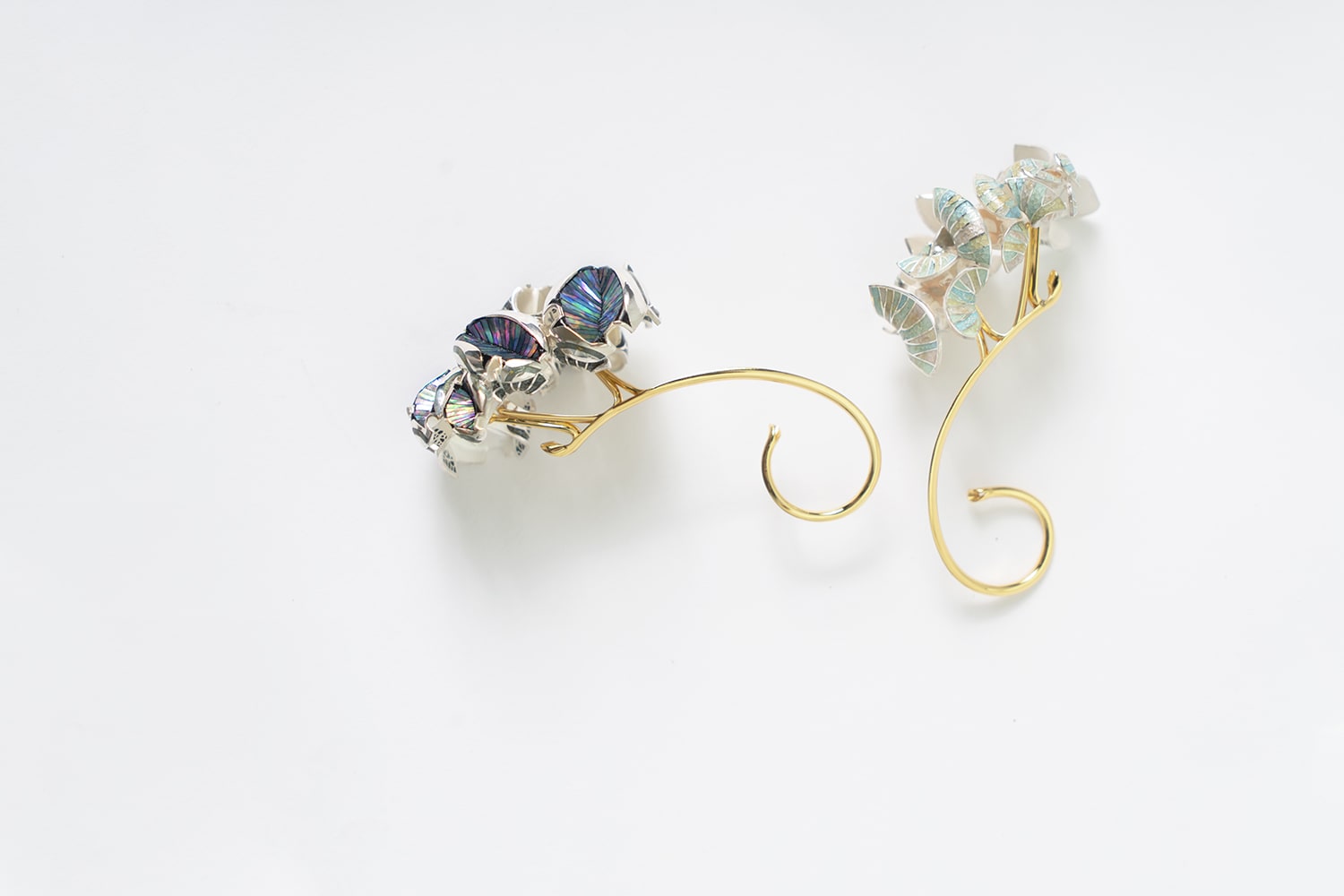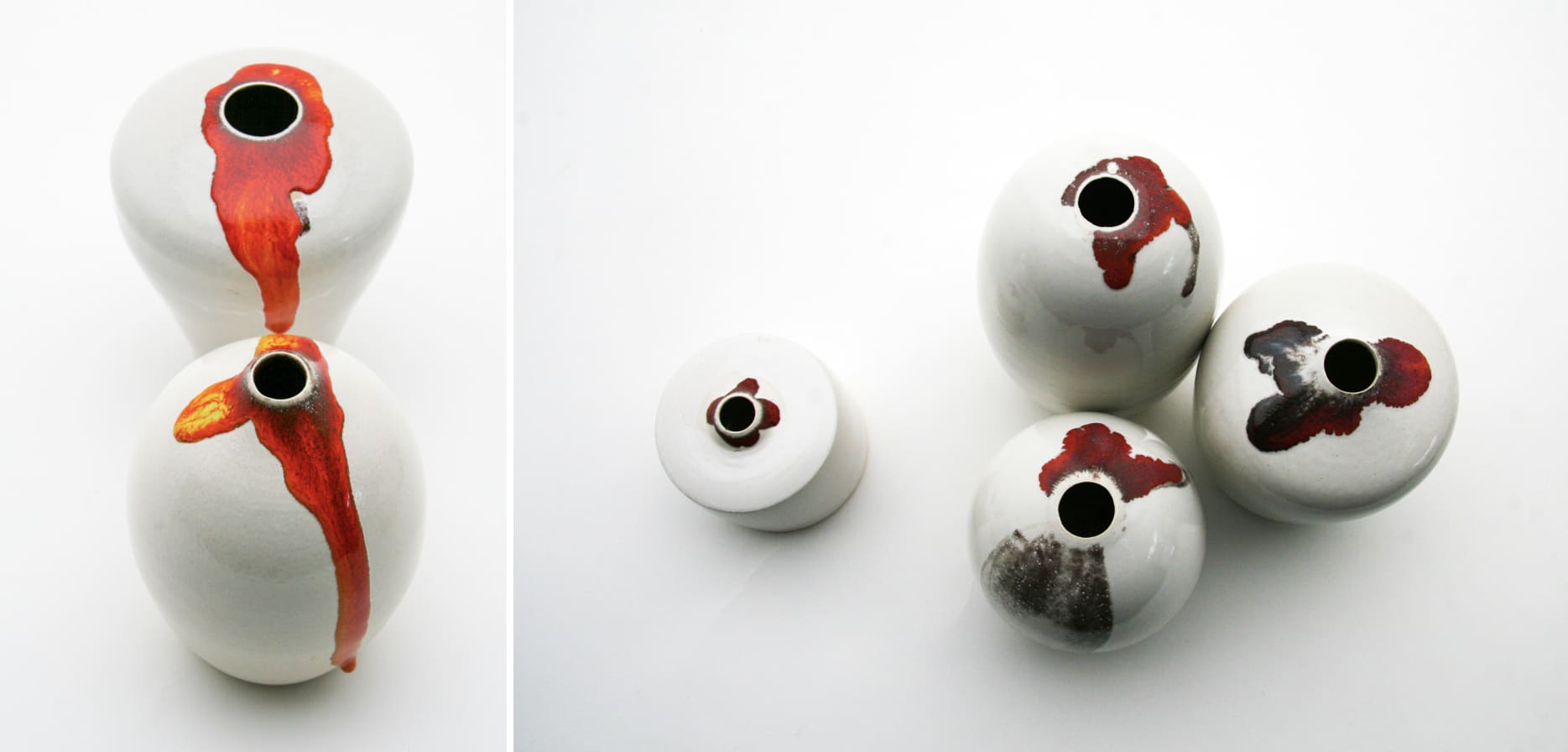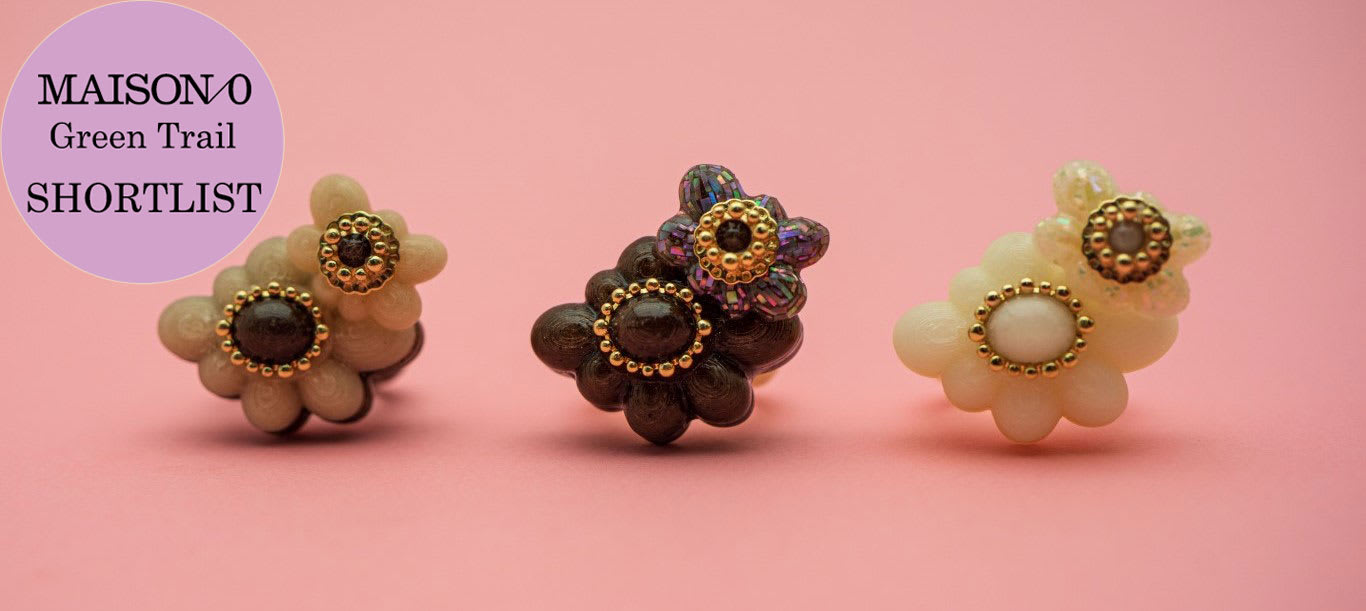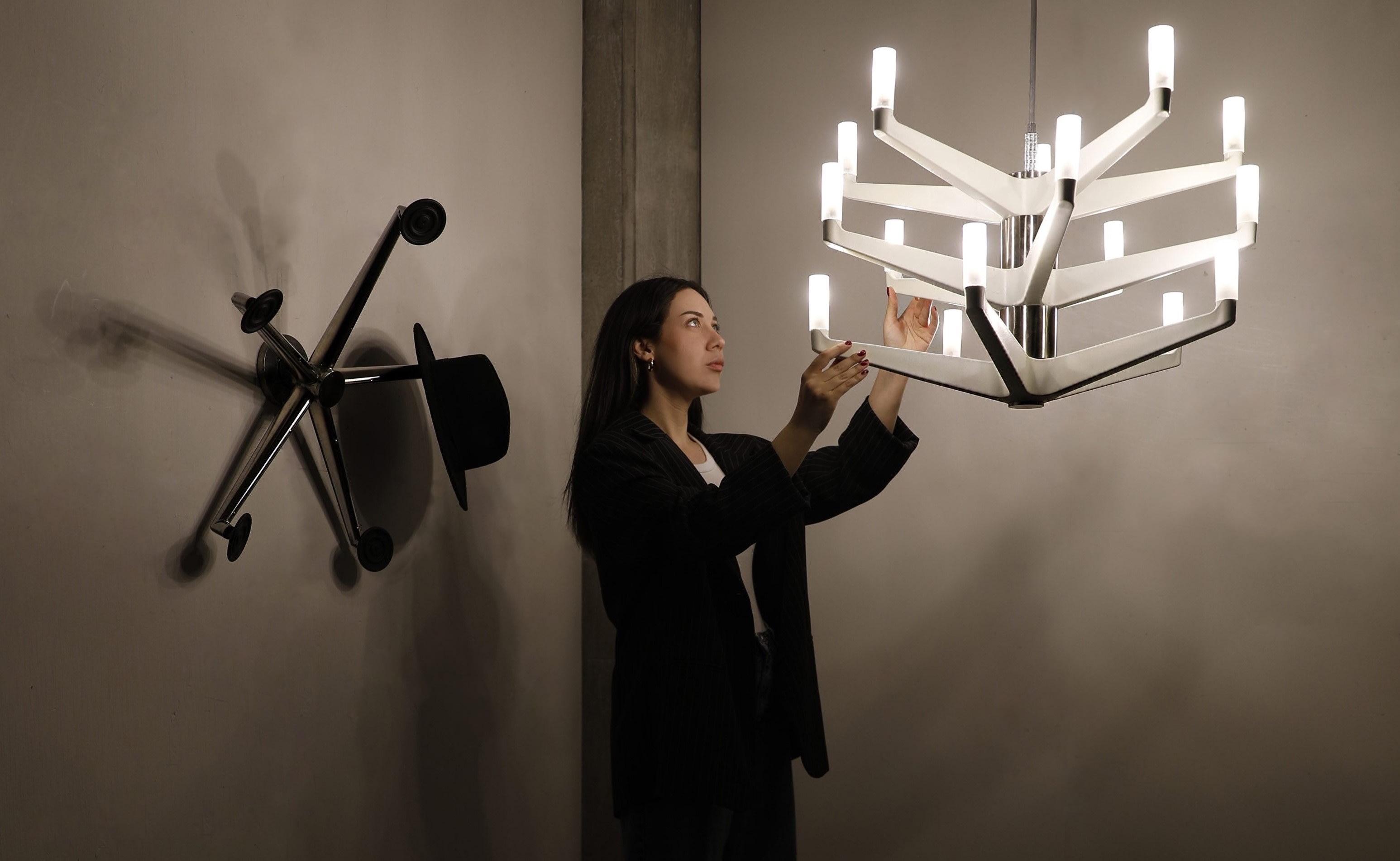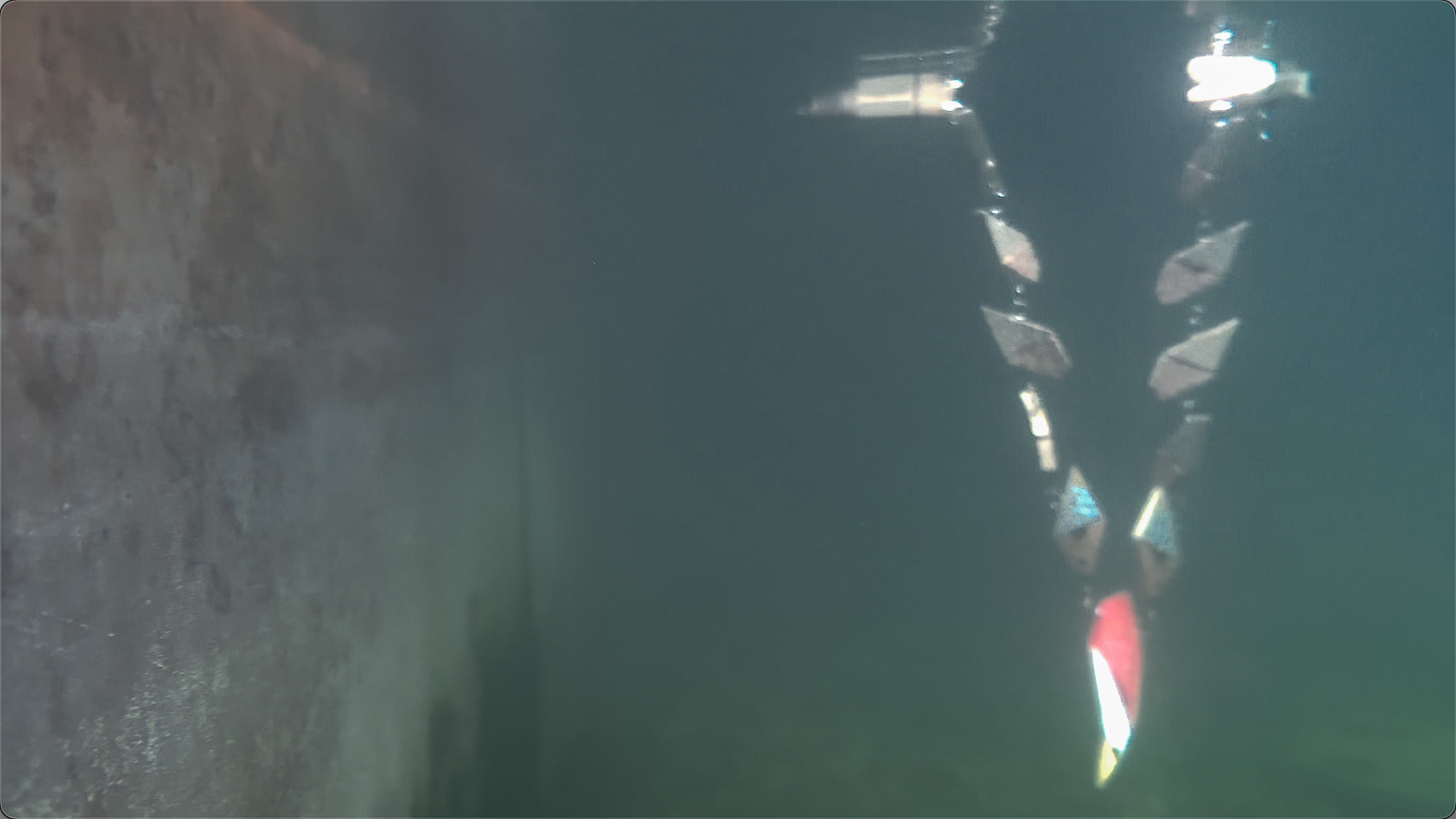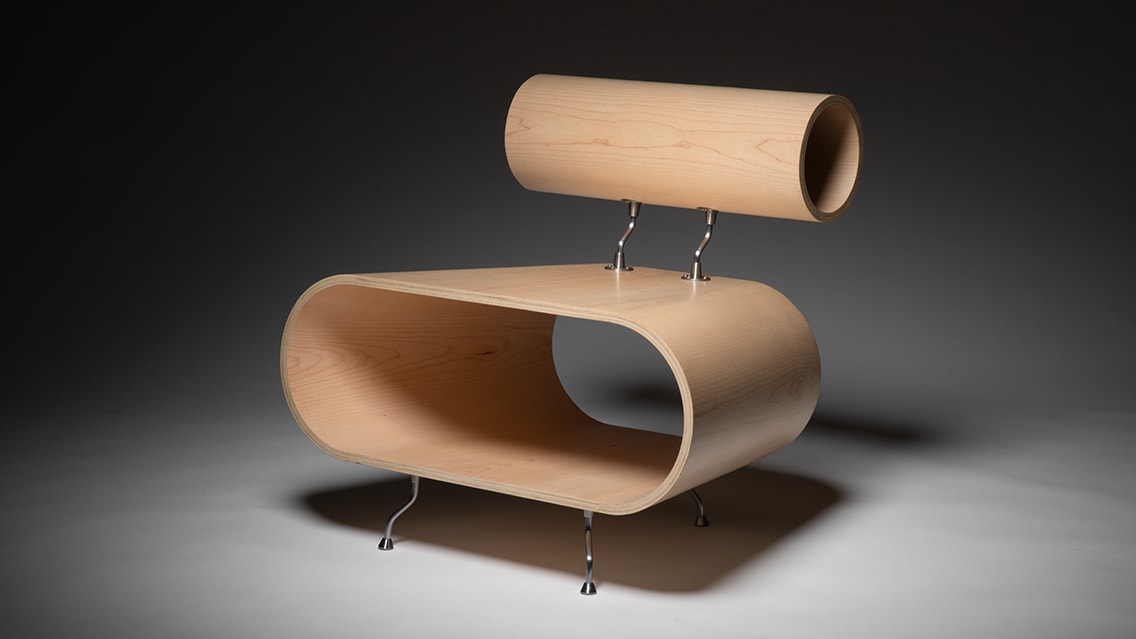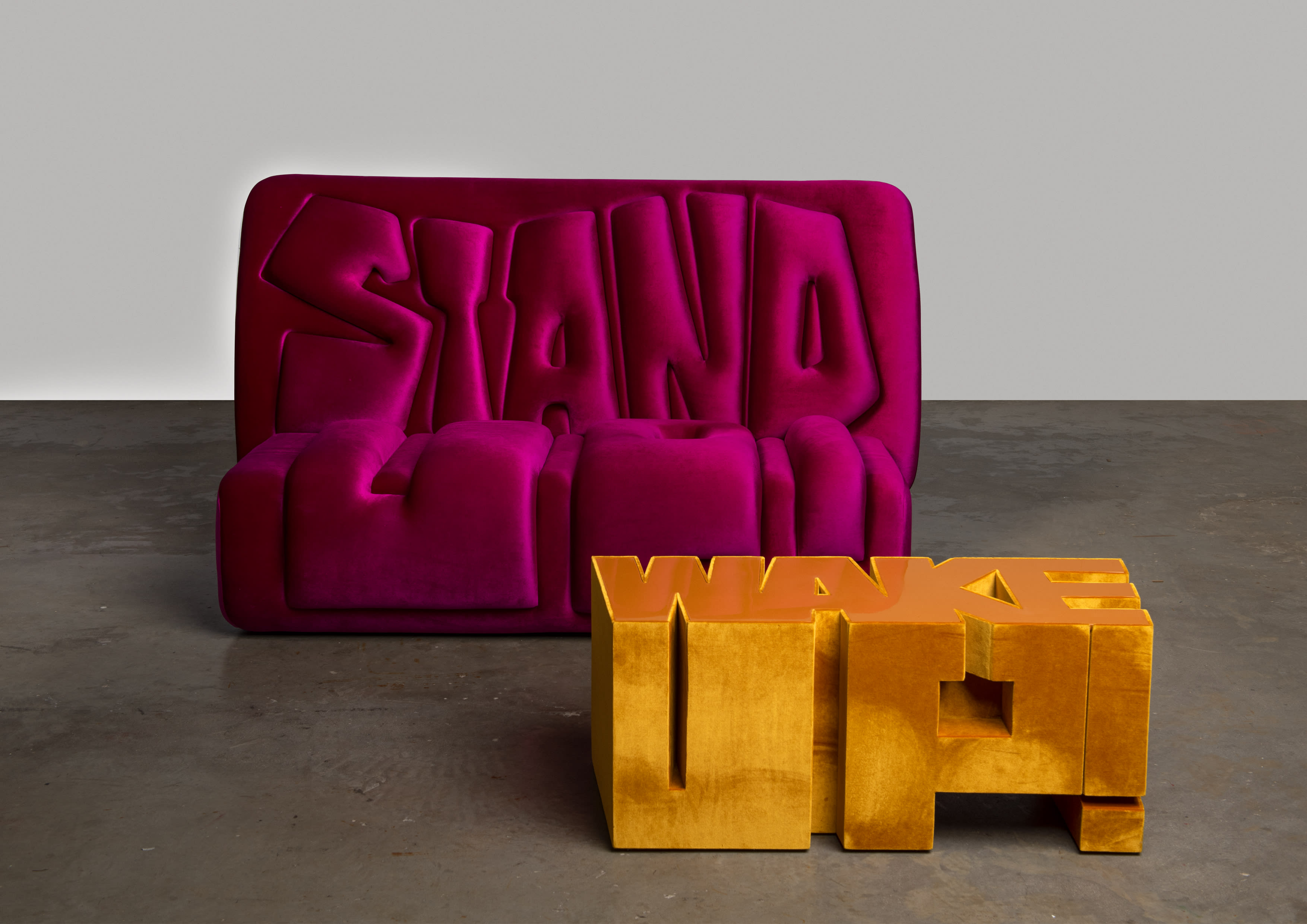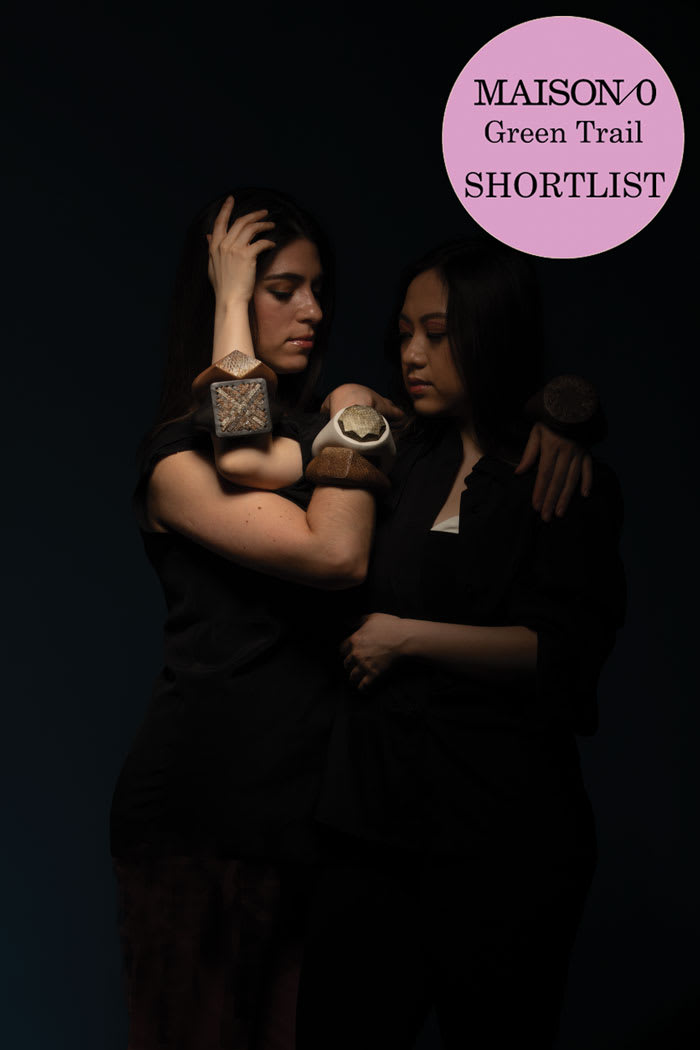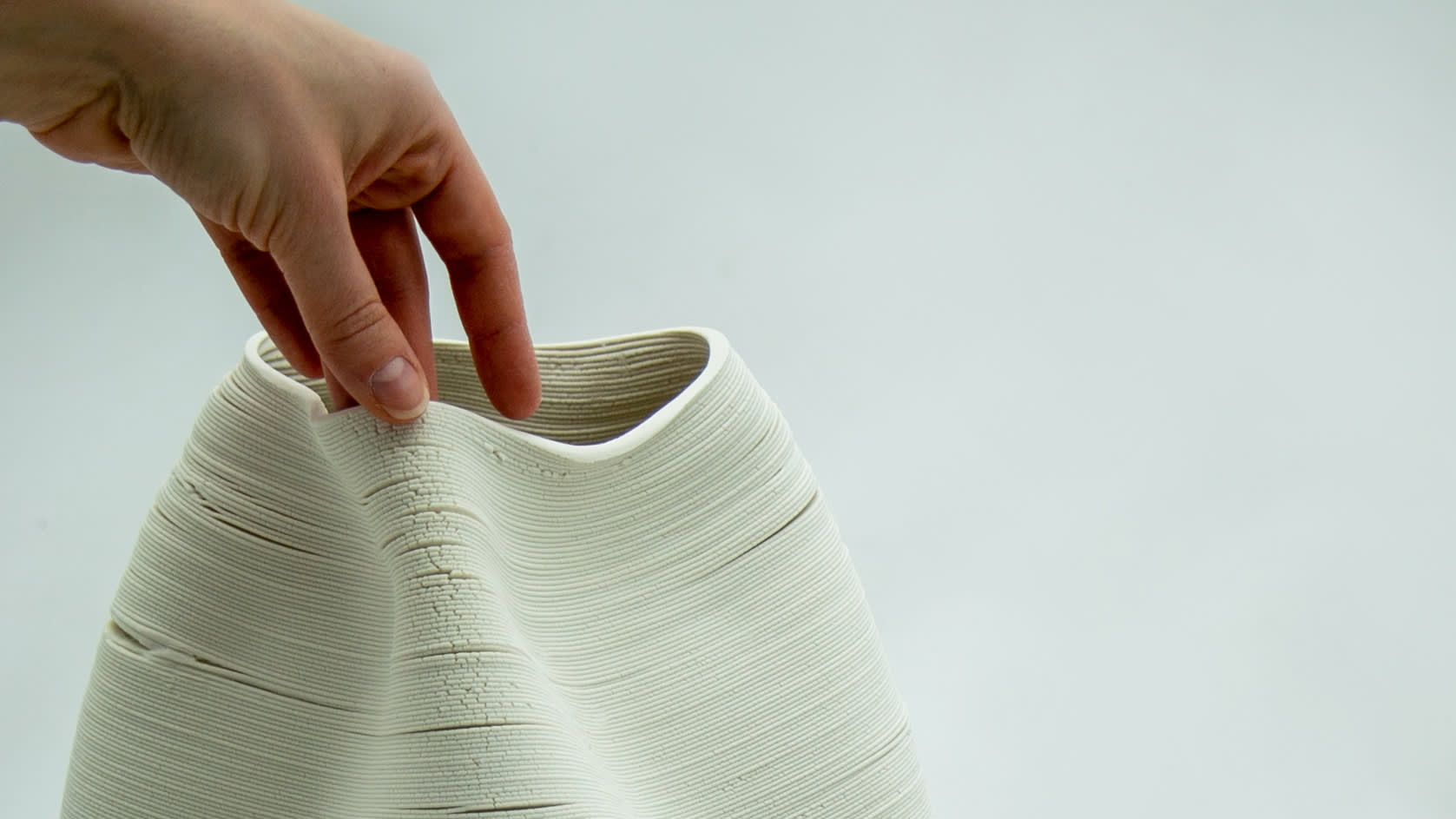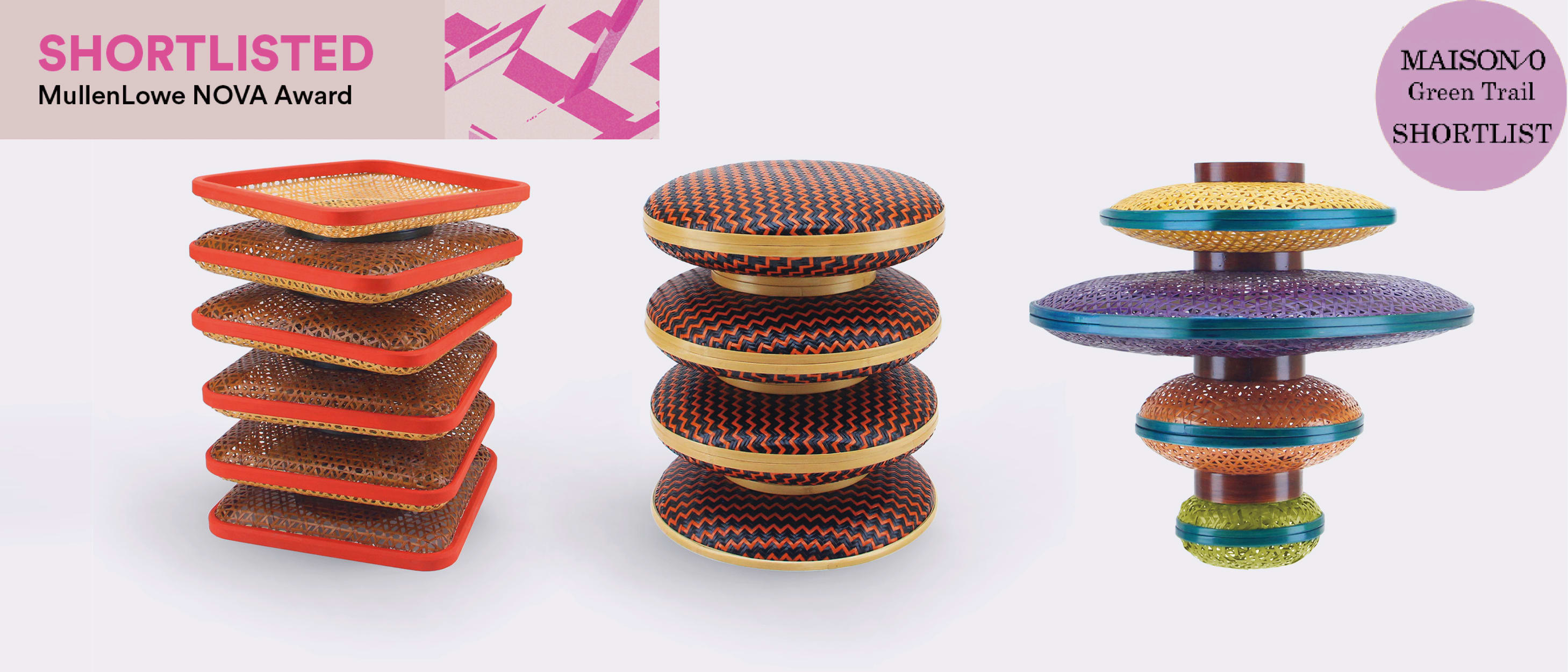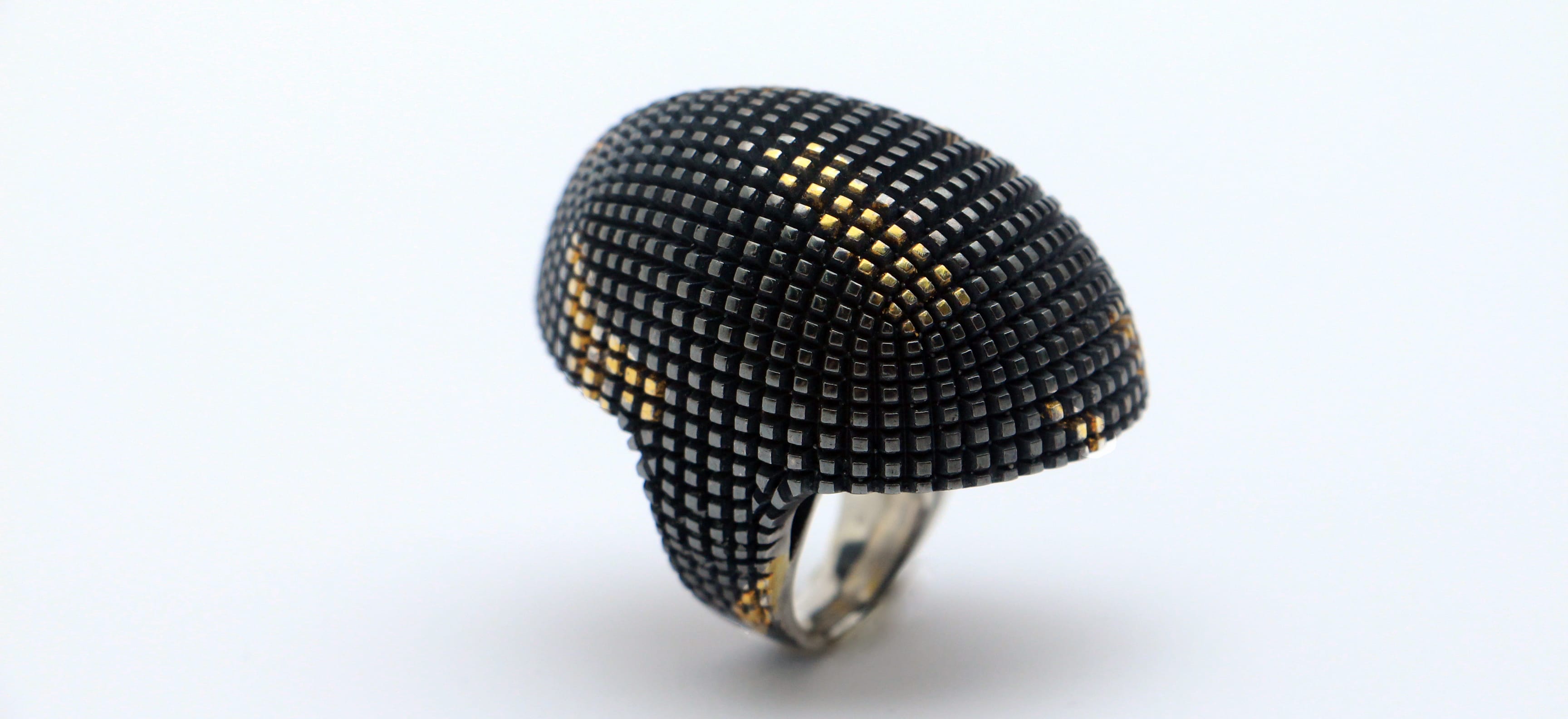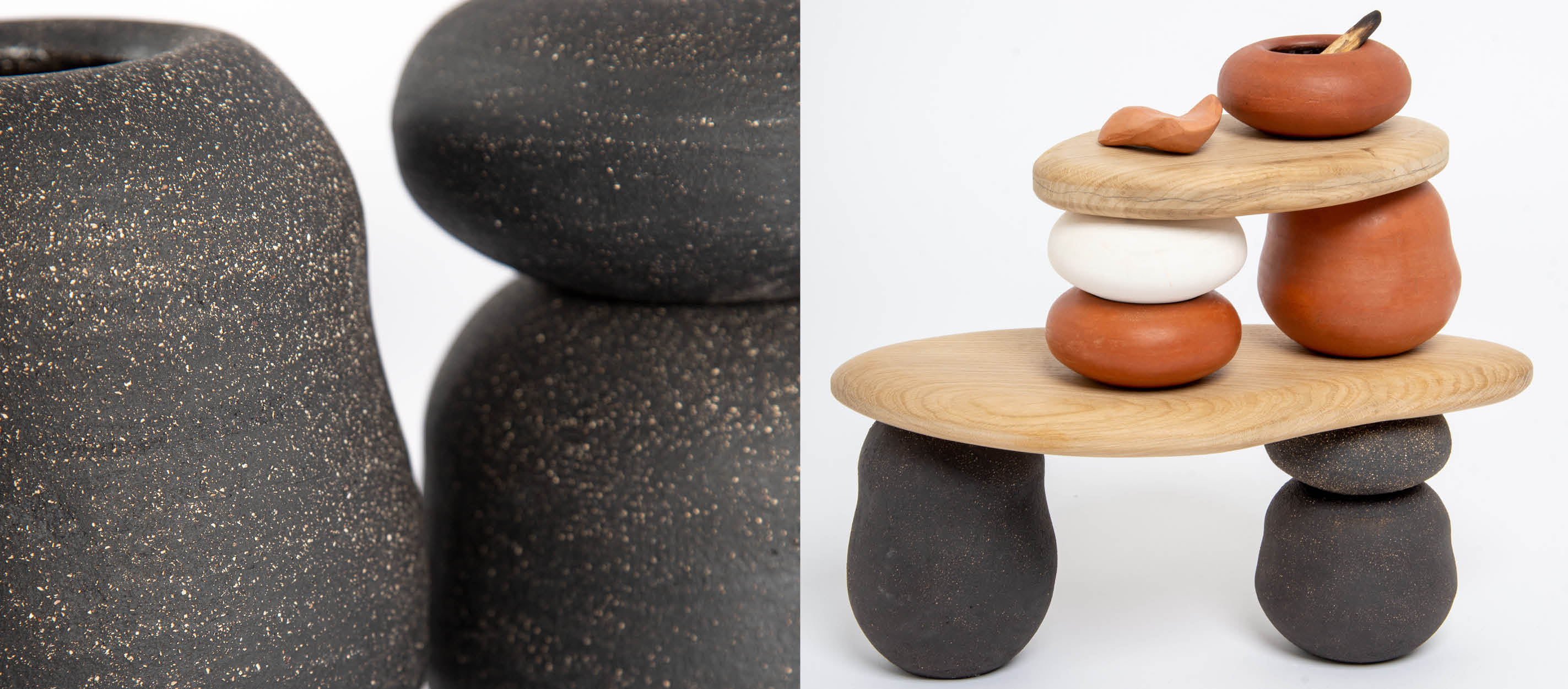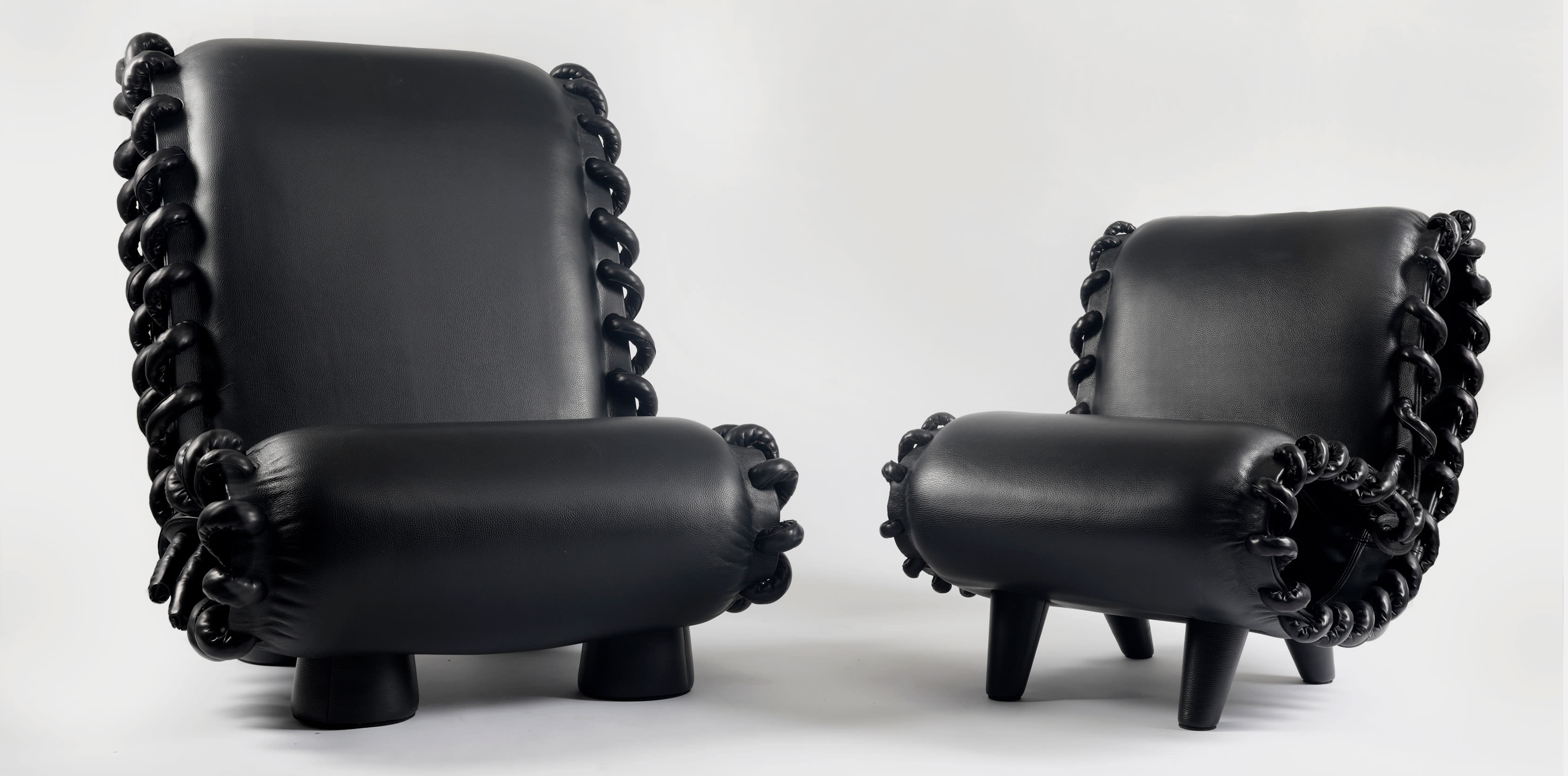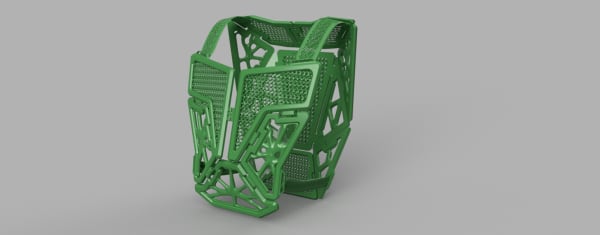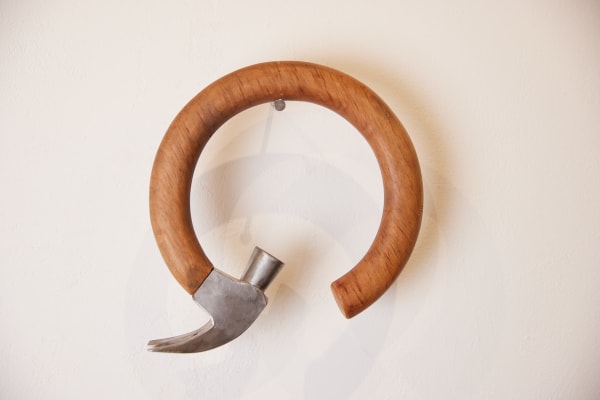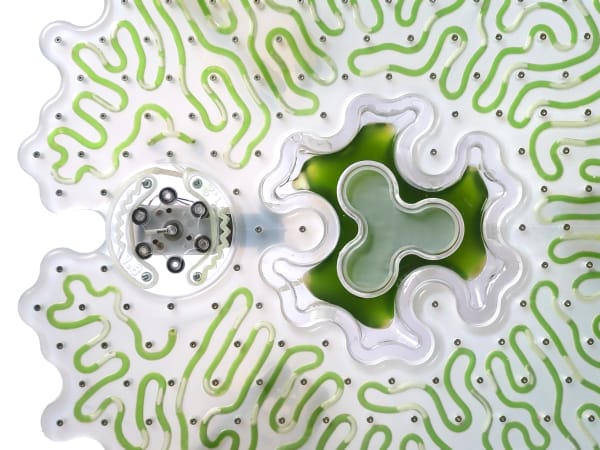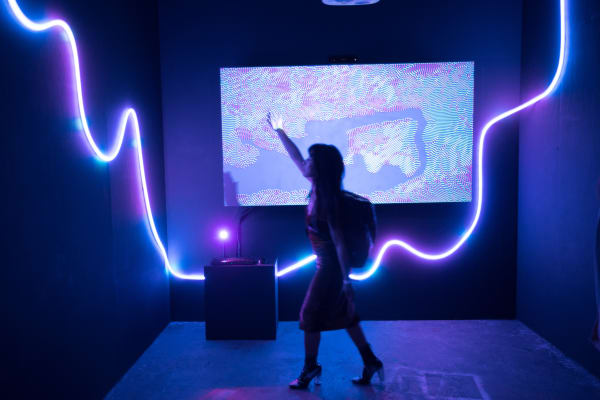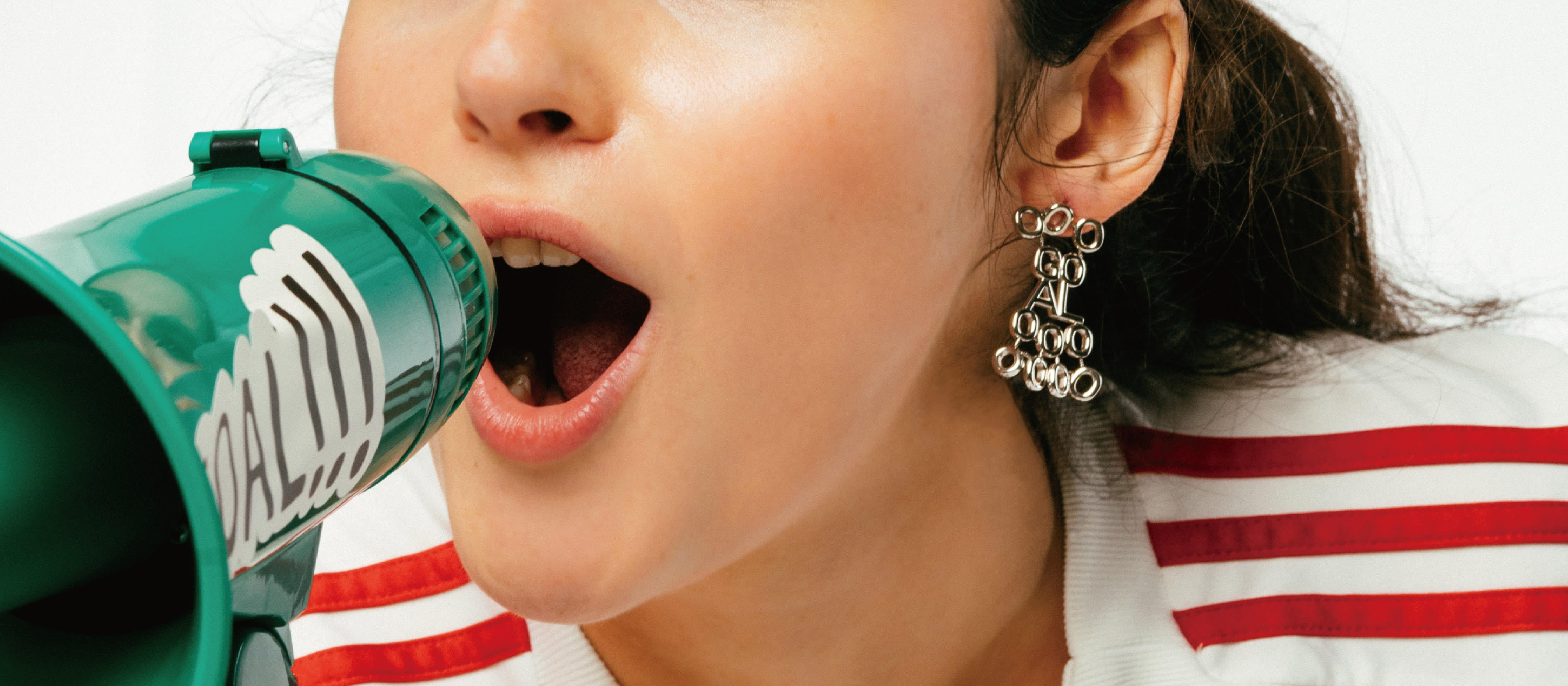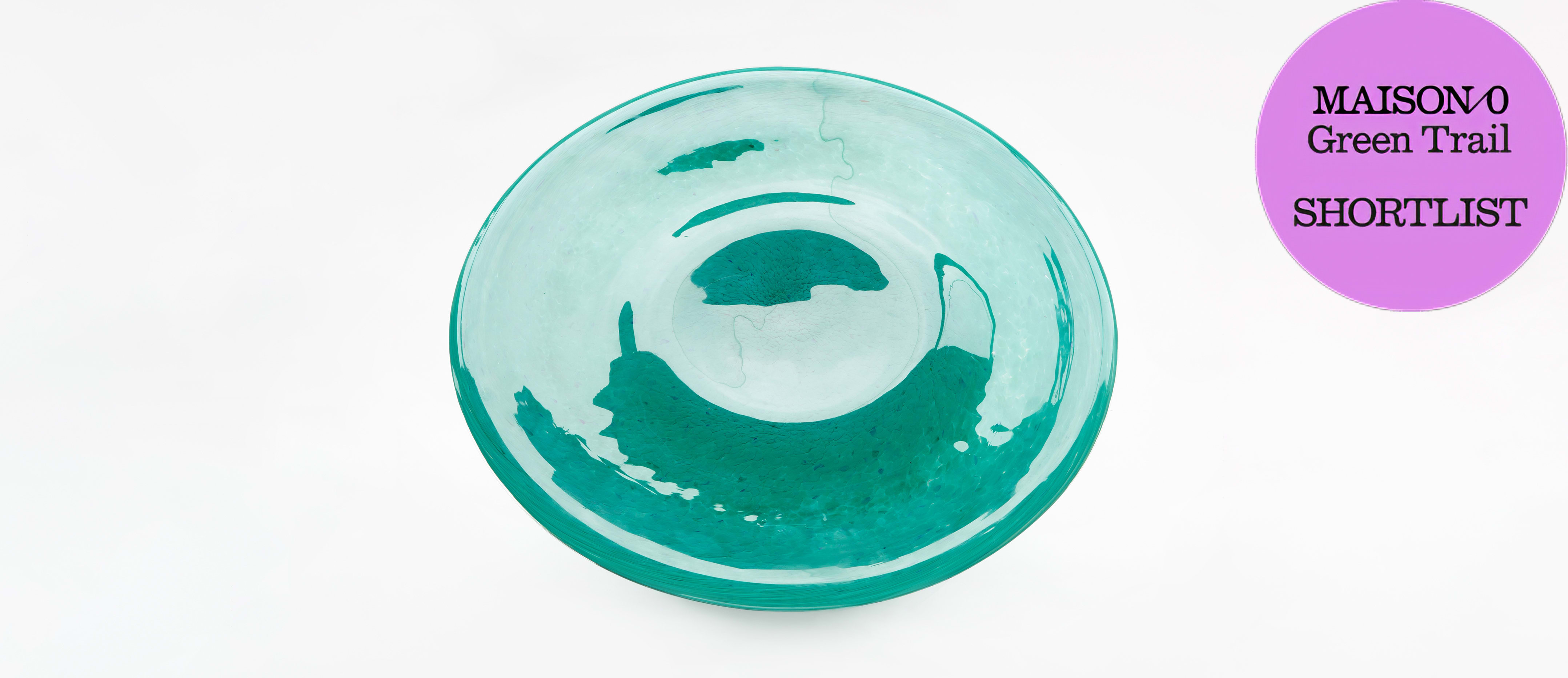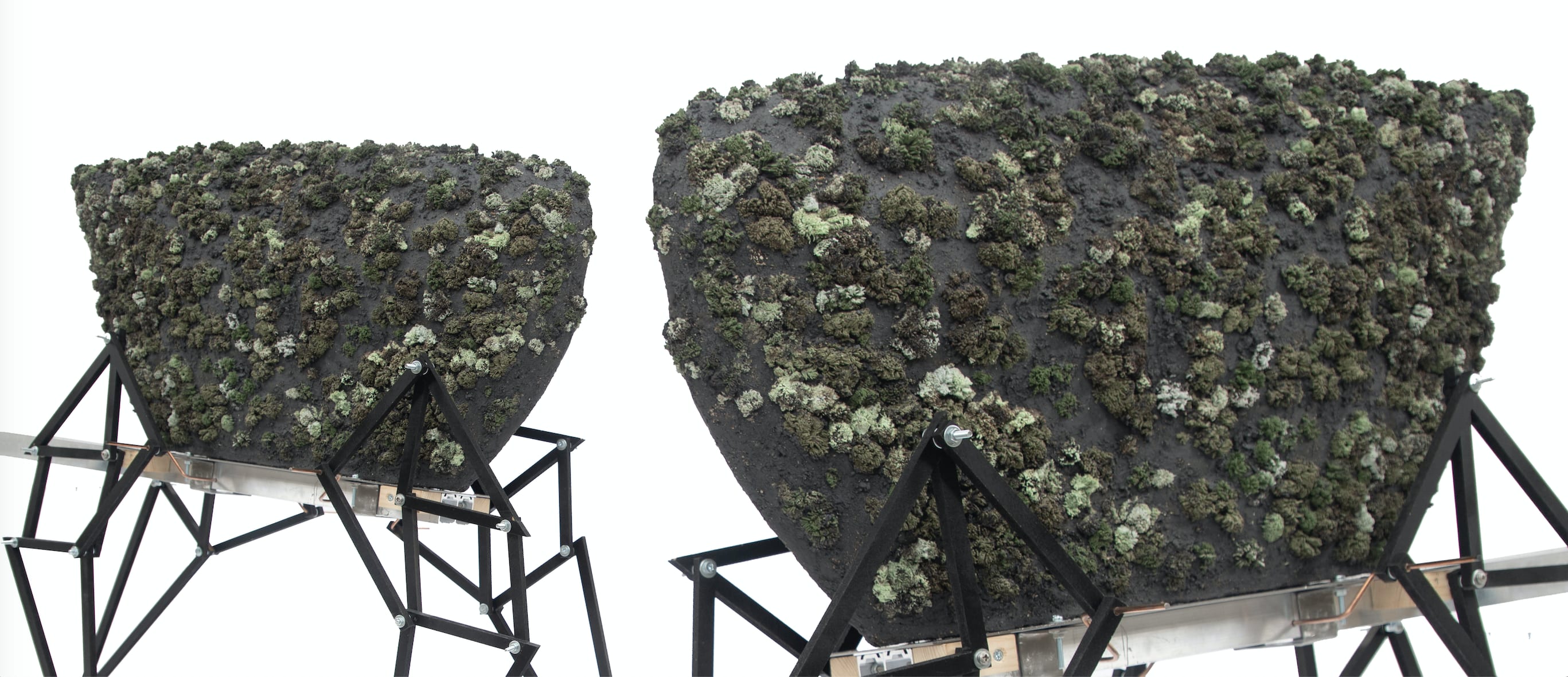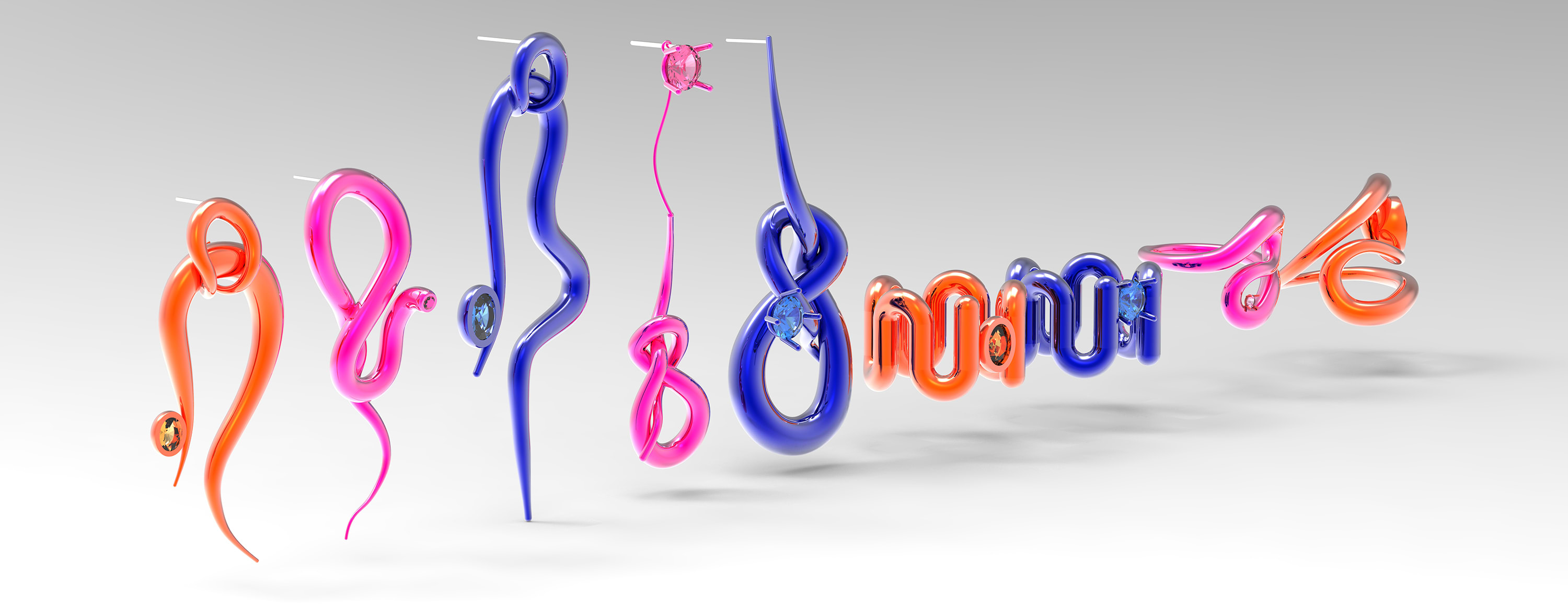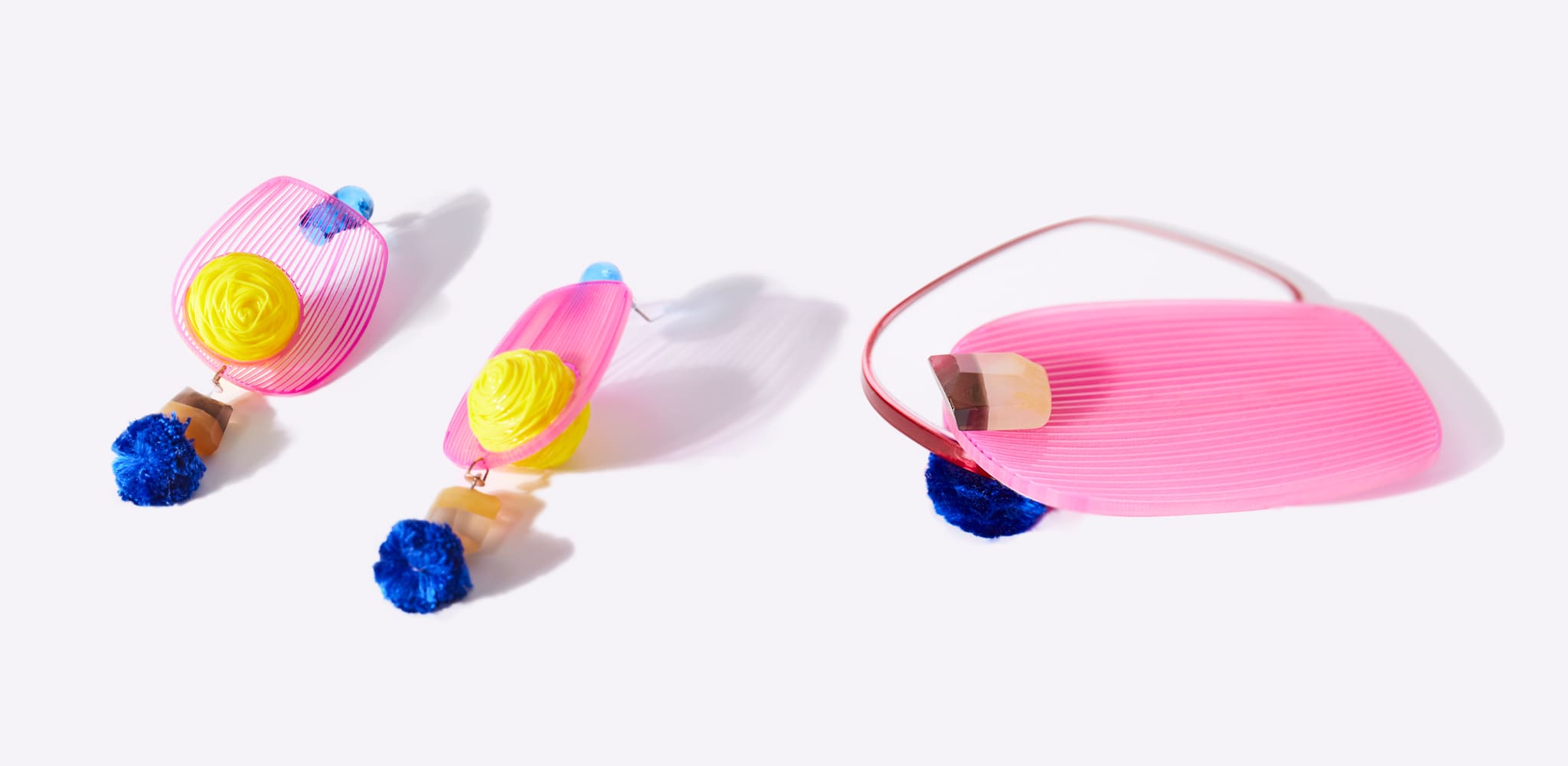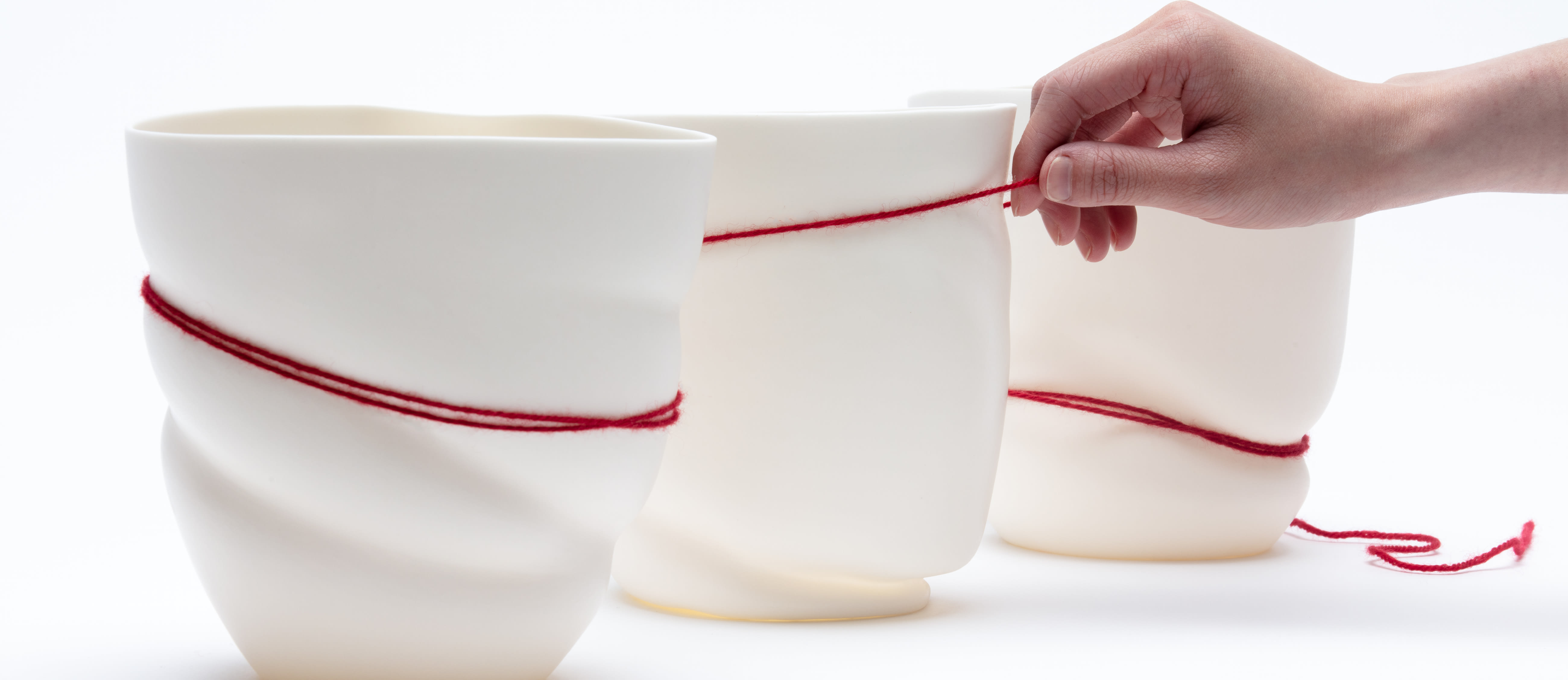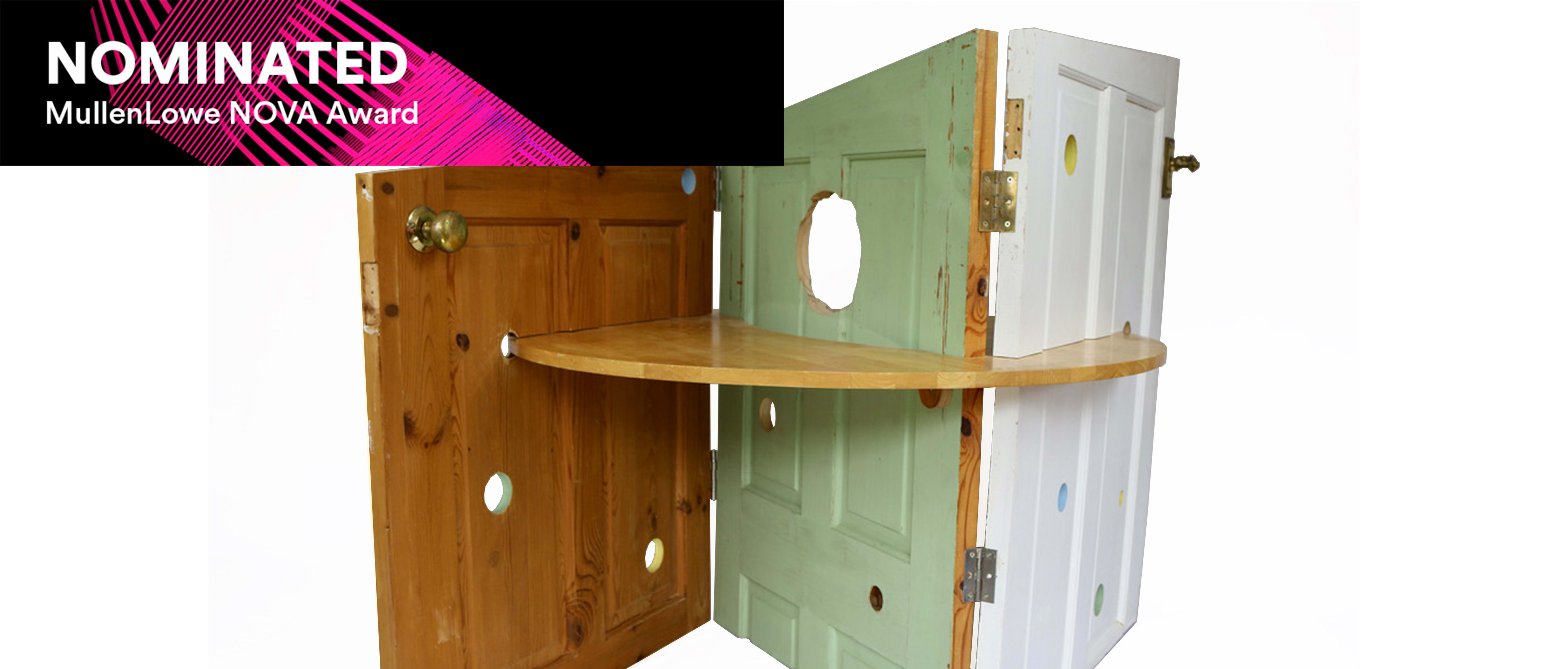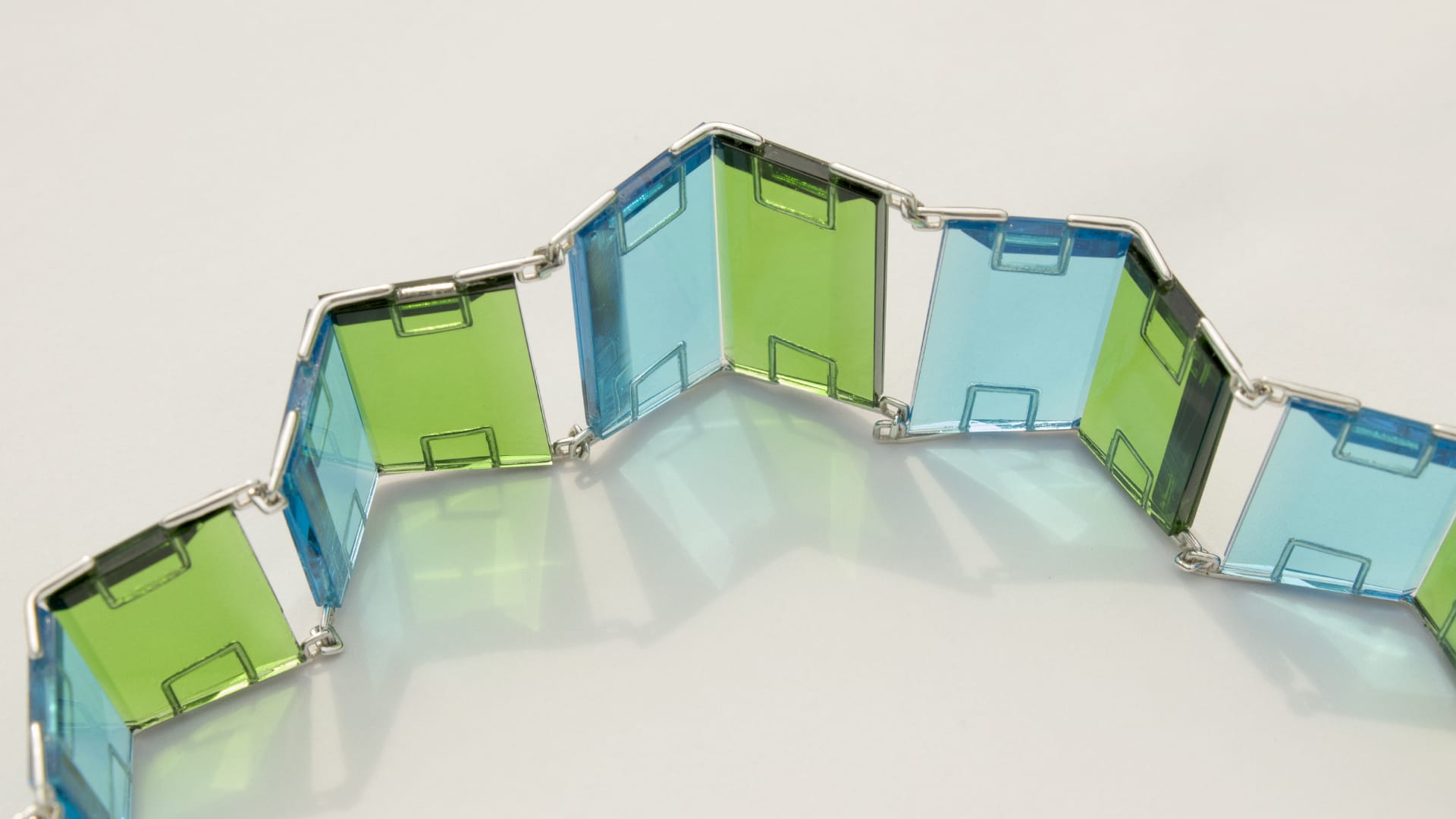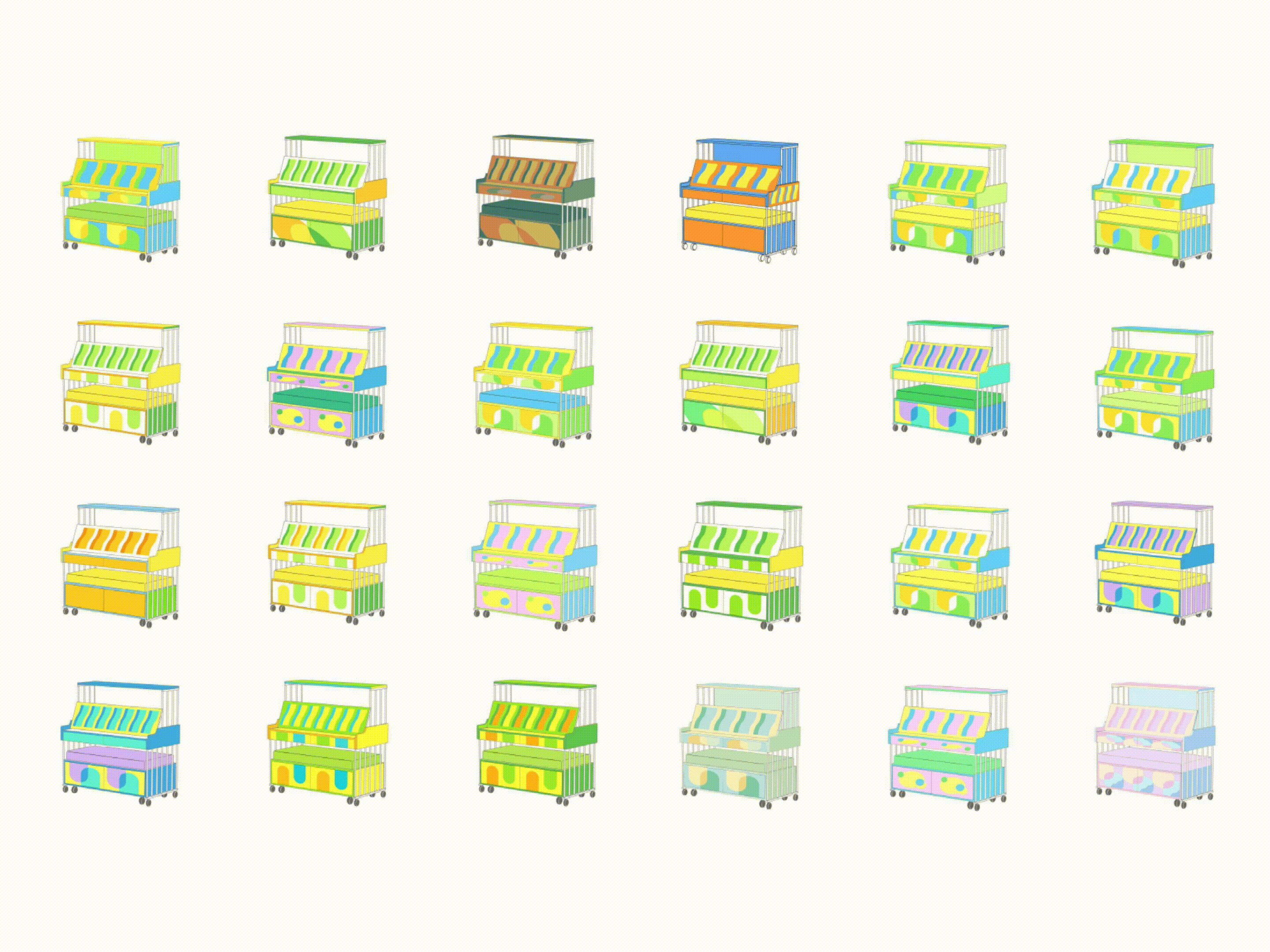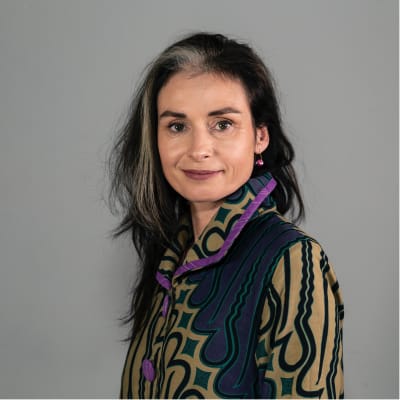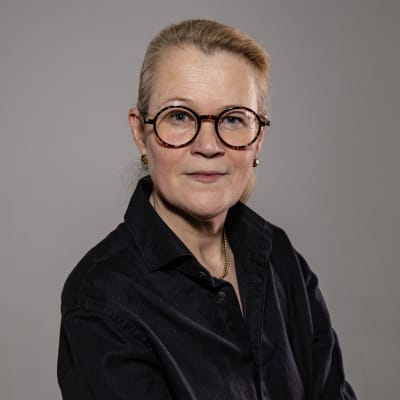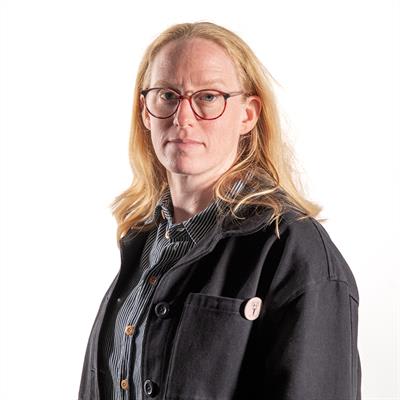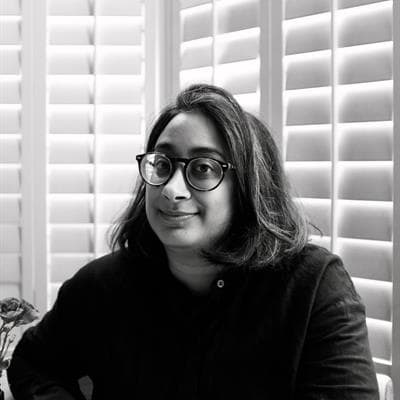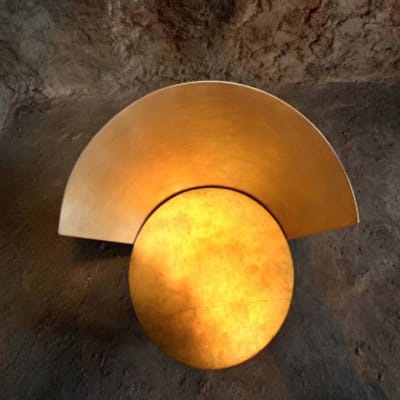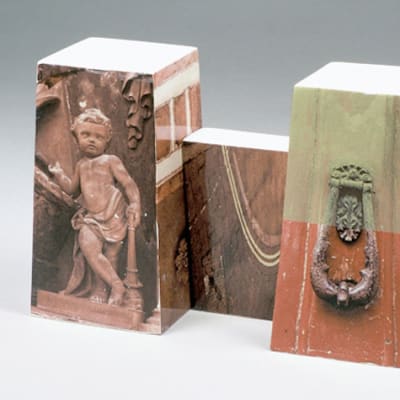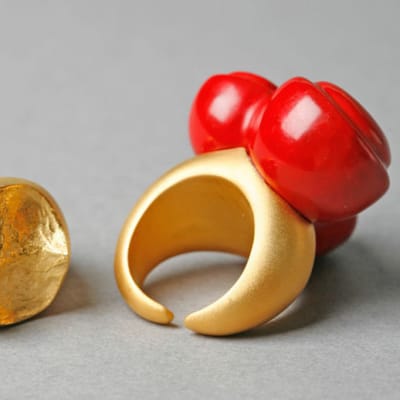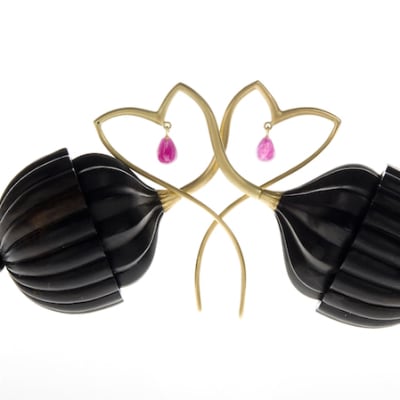Course units
MA Design (Ceramics); MA Design (Furniture); MA Design (Jewellery) begins with your project focus. Discussed on entry, this initial vision develops into a plan of action. The three units of the course guide the development of your research and design direction, from research and design investigation through trialling and experimentation, to your final high-level resolution.
Design Research is a wide-ranging activity which includes visual, social, cultural, economic, material and technological information interrogated and explored through the design process itself.
Developing a strategic awareness of your professional potential by reviewing international trade events, seminars, production facilities, materials sourcing, technological advances, sustainable and ethical debates, exhibitions and social and retail environments both digital and tangible. This process is supported by lectures, seminars, peer presentations and tutorials and your explorations in studio practice.
Critical thinking is central to the course ethos and practice. You will be encouraged to draw on the full range of your experience, resources and abilities.
Unit 1: Exploring the Landscapes
The essence of Unit 1 is the introduction to a whole new world of possibilities.
Designing from day one, Unit 1 explores and interrogates a diverse range of design and research methods, skills and techniques relevant to designers of ceramics, jewellery or furniture.
Unit 1 orientates your practice and yourself within the course and develops your contextual, critical and research skills at the onset of your postgraduate experience. It will integrate you directly into the course postgraduate community and will include a period of introduction to the course, the College and University resources and London’s design cultures.
Unit 2: Dreaming Big
Building your confidence and pushing the boundaries of your ambition.
Unit 2 is divided into two sections, Speculative Futures in the summer term Year 1, Materials Matters in the autumn of Year 2. Unit 2 focuses on reflectivity, contextualisation and positioning in response to the design research directions developed in Unit 1.
This unit incorporates personal and professional development, entrepreneurship and innovation. Exploring, interrogating and reflecting on the diverse range of production and delivery methods for contemporary materials and digital practice. Engaging with emerging sustainability and ethical standards in global production.
Unit 3: Moving on Up!
Unit 3 brings your project focus to a practical and critically reflective conclusion, evidencing how you have specified, managed, implemented, and evaluated a Self-Directed Design Project. Producing high level practice outcomes and evidence of understanding the value generated in your design process and outputs, in diverse and variable contexts.
Evaluating the project through a critical lens allows you to plan your next steps beyond CSM. The final stages of the course encourage further personal and professional development. This structure is devised to support your, digital communication, networking, evaluation, resolution and career development to enable you to confidently present, perform and embody your new professional persona.
Important note concerning academic progression through your course: If you are required to retake a unit you will need to cease further study on the course until you have passed the unit concerned. Once you have successfully passed this unit, you will be able to proceed onto the next unit. Retaking a unit might require you to take time out of study, which could affect other things such as student loans or the visa status for international students.
Mode of study
MA Design (Ceramics); MA Design (Furniture); MA Design (Jewellery) is offered in extended full-time mode which runs for 60 weeks over two academic years. You will be expected to commit 30 hours per week to study, which includes teaching time and independent study.
The course has been designed in this way to enable you to pursue studies, while also undertaking part-time employment, internships or care responsibilities.
Credit and award requirements
The course is credit-rated at 180 credits.
On successfully completing the course, you will gain a Master of Arts (MA) degree.
Under the Framework for Higher Education Qualifications, an MA is Level 7. All units must be passed in order to achieve the MA but the classification of the award is derived from the mark for the final unit only.
If you are unable to continue on the course, a Postgraduate Certificate (PG Cert) will normally be offered following the successful completion of 60 credits, or a Postgraduate Diploma (PG Dip) following the successful completion of 120 credits.
